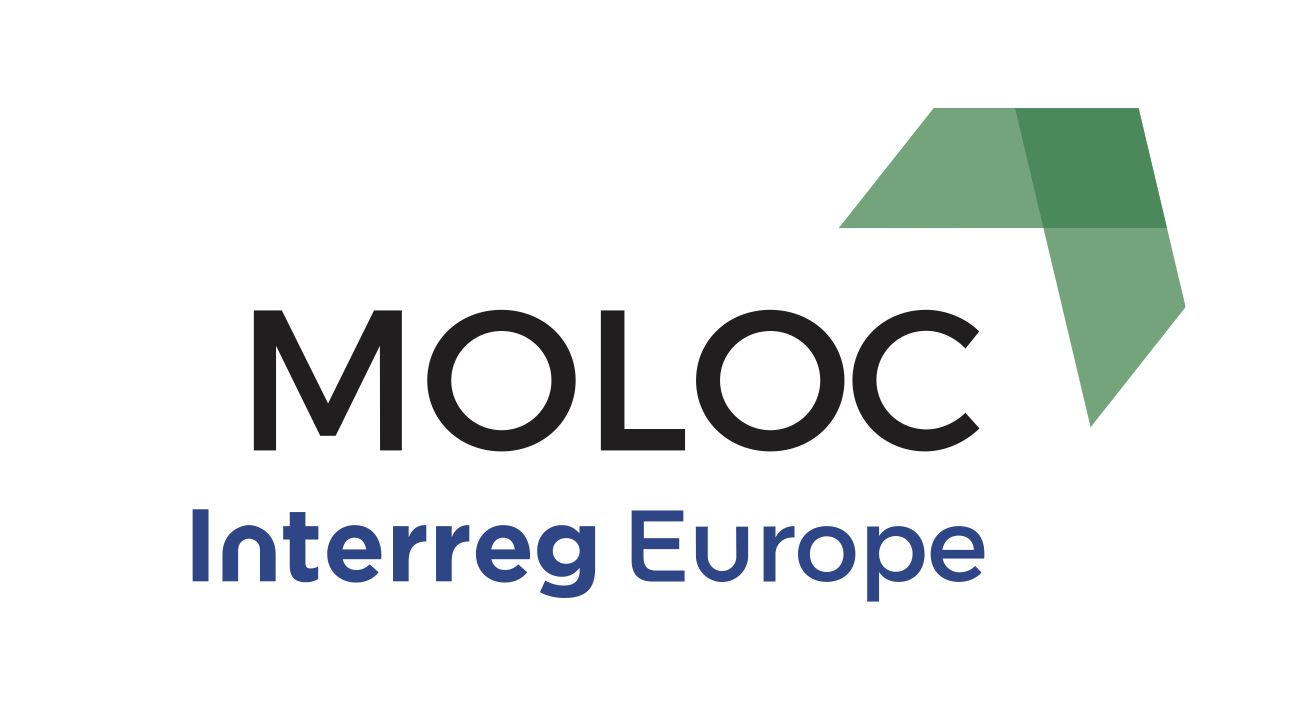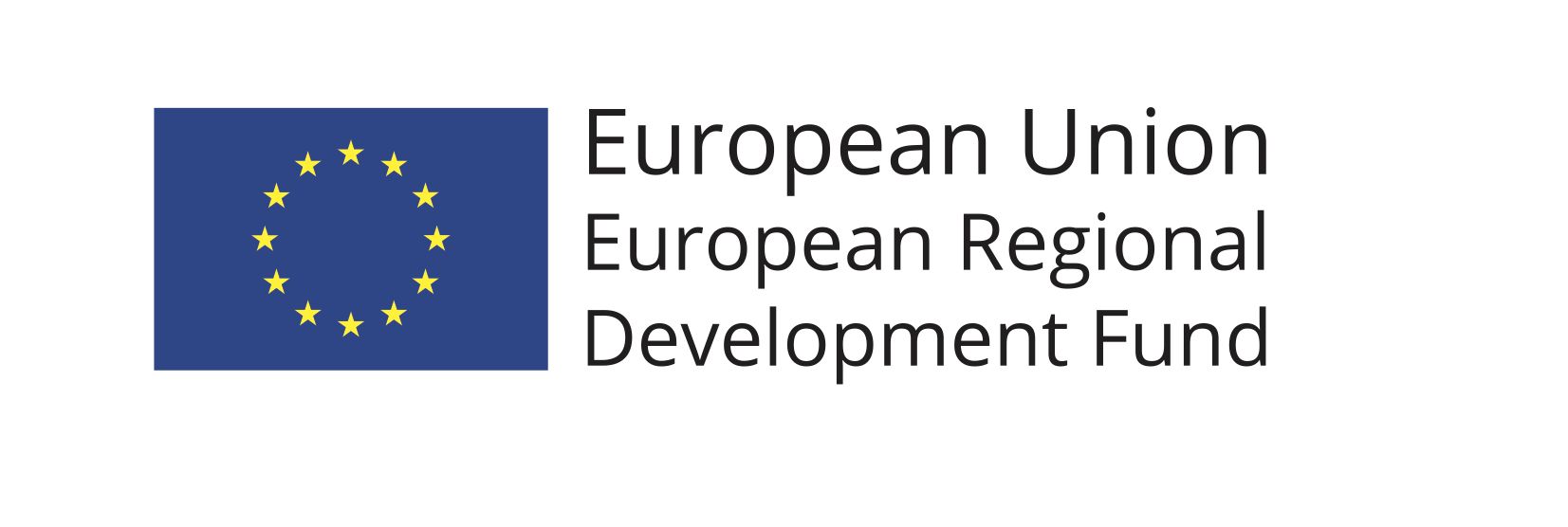Programme: Program Interreg Europe
Low carbon urban morphology. New urban morphologies, new governances, new challenges for cities in energy transition. / Niskoemisyjna morfologia przestrzeni miejskiej.
Nowe morfologie przestrzeni miejskiej, nowe systemy zarządzania, nowe wyzwania dla miast w obliczu transformacji do gospodarki niskoemisyjnej.
No of project
PGI01979
Head of project:
Aurelien Parsy
City of Lille, France
Head of project in GIG:
Zakład Oszczędności Energii i Ochrony Powietrza
dr Beata Urych
e-mail: burych@gig.eu
tel. 32 259 24 55
Duration of project
01.01.2017 - 31.12.2019 (faza I)
01.01.2020 - 31.12.2021 (faza II)
Project partners:
The project involves 6 partners representing 5 countries: France, Italy, Poland, Germany, Romania. The city of Lille is the coordinator of the whole project, the Energy Cities association - an advisory partner in the project. The Central Mining Institute participates in the project in cooperation with the City of Katowice.
The institutions involved in the project are:
- LP City of Lille (FR)
- PP2 City of Turin (IT)
- PP3 Central Mining Institute (PL)
- PP4 Free and Hanseatic City of Hamburg (DE)
- PP5 City of Suceava (RO)
- PP6 Energie Cities (FR)
Project description: The aim of the MOLOC project is to develop a model, European approach to supporting cities' transition to a low-carbon economy, combining energy efficiency while ensuring a good quality of life for their residents. The project will examine the obstacles that limit the impact of local policies and activities, so as to change the current urban morphology in the context of sustainable urban development. The Polish part of the project concerns the development of a model system for the assessment and monitoring of projects related to the implementation of the "Low-carbon economy plan for the city of Katowice". One of the effects of the project is to be a set of guidelines for the development of a coherent concept of energy management monitoring system in public facilities.
The project is based on joint design and testing of innovative ways to achieve low-carbon goals by cities, through a three-stage program:
2017/2018: Analysis of social, cultural, economic and political models, in a holistic approach to sustainable development of urban areas
2018/2019: development of local action plans, based on joint critical assessment and cross-analysis between regions
2019/2020: implementation of action plans and monitoring: energy efficiency management systems and networks, alternative behaviours, policy recommendations
Project partners underline the importance of city function and the way of life of its inhabitants and the involvement of local stakeholders in the whole process, so as to adapt the project's results to the scale increase and widespread dissemination.
Website:
https://www.interregeurope.eu/moloc/




